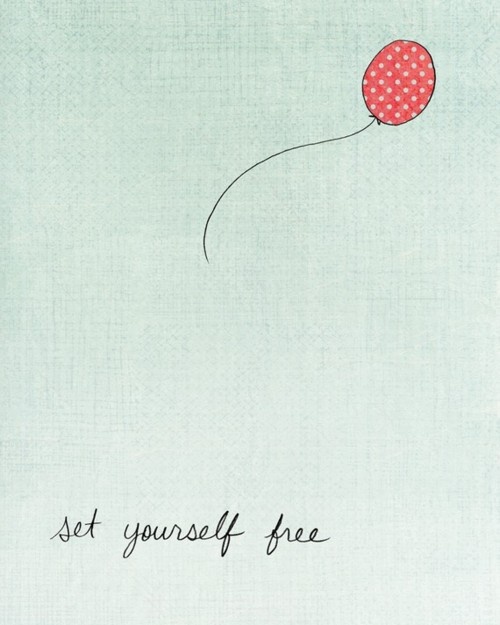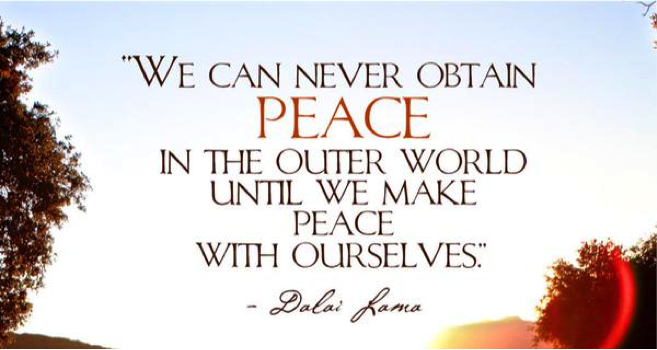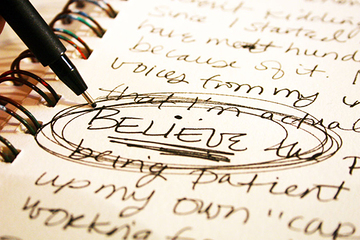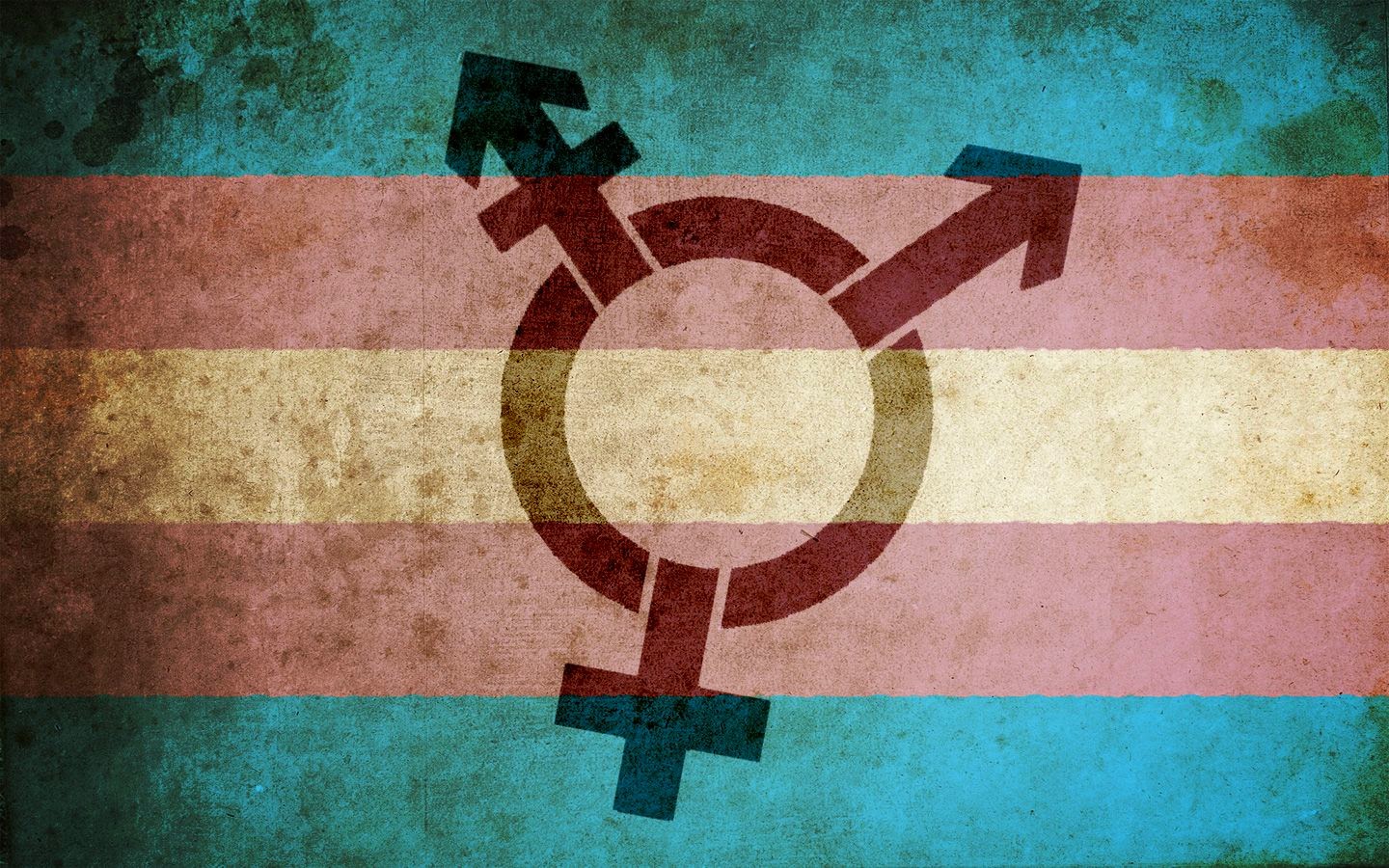I'm A Fat Anti-Assimilationist (& No I'm Not Sorry)
Submitted by nedic blogger on Thu, 01/14/2016 - 08:29.jpg)
For so long I saw myself as a failure.
Even though there were so many signs that I was already rebelling against the diet culture, I denied them. Each time I ate cake or decided to watch Dynasty instead of exercise, my inner badass was saying "girl, this sucks." The badass inside my head won a lot, but I couldn't see those choices as being CHOICES. I saw them only as failures.


.jpg)

.jpg)




.jpg)

